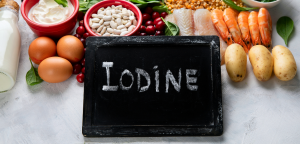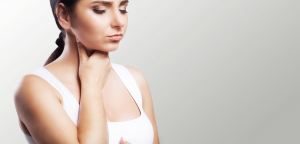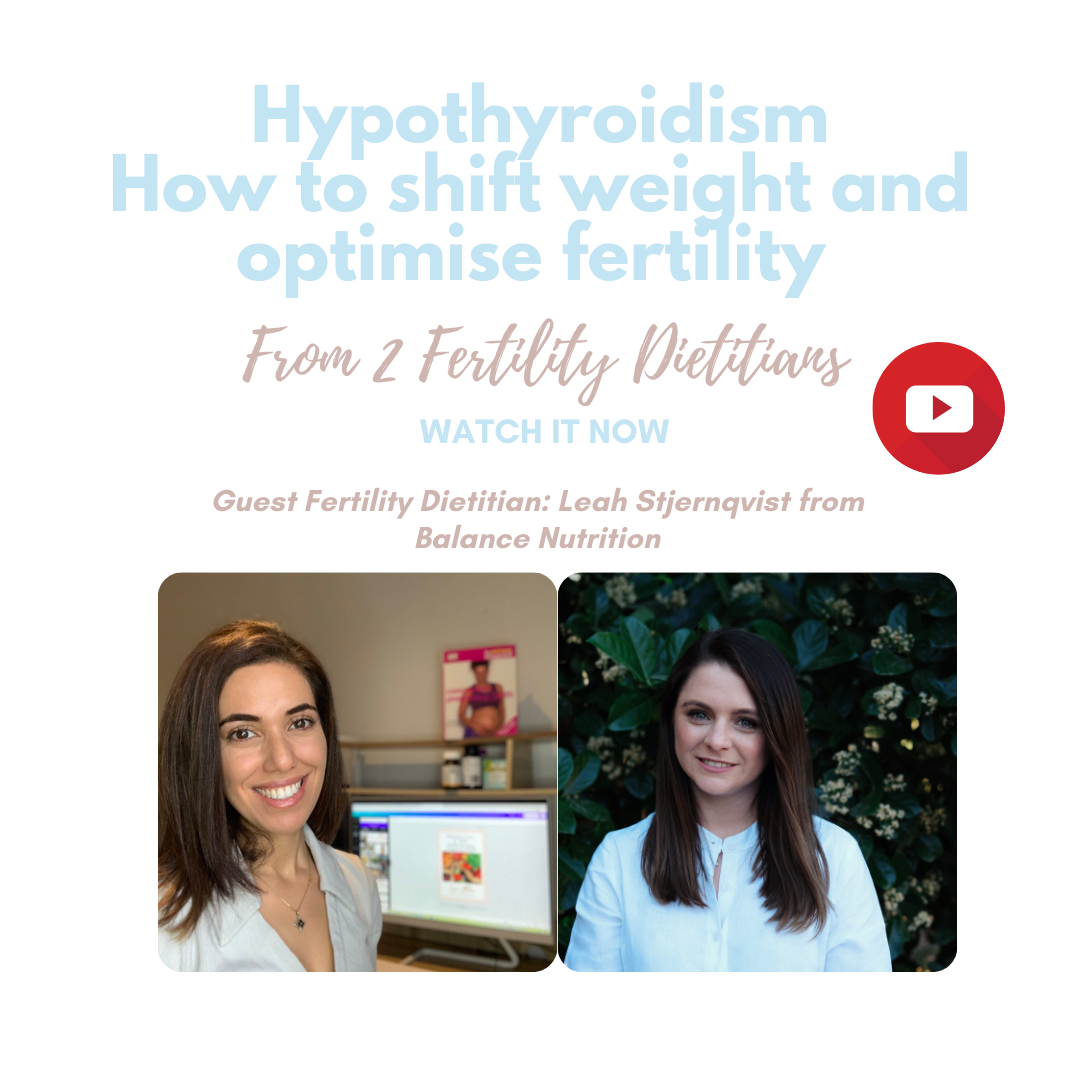Hypothyroidism
Thyroid function affects every organ in the body and is essential for metabolism and the reproductive system including menstruation and ovulation. Furthermore thyroid function and intake of iodine (a mineral needed to support thyroid function) increases during pregnancy and breastfeeding.
Optimising the health of your thyroid function has so many benefits but the most common thyroid condition is hypothyroidism. As a fertility and pregnancy dietitian I see many women struggling to lose weight with this condition and also conceive.
To shed more light on nutrition management of hypothyroidism, Leah Stjernqvist from Balance Nutrition will share her top tips on:
- How to support healthy thyroid function and
- What nutrients do you need to consider?
- How does hypothyroidism impact fertility
Leah has extensive experience in nutrition management of thyroid conditions and women’s health conditions.
To watch out Instagram LIVE, click the link below:
Dietitian & Fitness For Mums on Instagram

What is Hypothyroidism?
Hypothyroidism is when the thyroid gland is underactive and does not produce enough thyroid hormones to meet your body’s needs. Your thyroid gland is situated at the front of your neck and is shaped like a butterfly that produces and secretes hormones that regulate metabolic rate, growth and development. As a result of an underactive thyroid gland, the thyroid gland enlarges in an attempt to produce more hormones. Hypothyroidism is diagnosed by a doctor who will require a blood test examining your thyroid stimulating hormone levels, T3 and T4 levels. (more information on thyroid testing here)
Common side signs and symptoms of hypothyroidism are:
- Constipation
- Fatigue and low energy levels
- Depression
- Slow heart rate
- Intolerance to cold temperatures
- Hair loss
- Dry, coarse skin
- Muscle aches
- Concentration problem

How does hypothyroidism impact fertility?
Hypothyroidism can impact fertility by preventing ovulation – low levels of T4, or thyroxine, can cause an increase in prolactin, resulting in no egg released, or irregular egg release. This can make conceiving more difficult as identifying your ovulation window becomes very difficult!
Hypothyroidism can also cause the second phase of your menstrual cycle – the luteal phase – to shorten, meaning that a fertilised egg may not have enough time to properly implant in the womb.
On top of this, hypothyroidism that is not well managed can result in miscarriage. This can also be the case with subclinical hypothyroidism – a condition where your TSH is raised indicating that there is a problem with your thyroid function, however not yet significant enough to result in low T4 levels.
How to support healthy thyroid function?
- Is your thyroxine working for you?
- Ensure you are taking your thyroxine correctly – DAILY, at least 30 minutes before any food, 4 hours away from iron and calcium containing supplements, soy products and 2 hours from dairy
- Check if you have a brand of thyroxine that requires refrigeration as storing above this or 25 degrees for some brands reduces potency
- When assessing if your thyroxine dose is correct, you need to take into account BOTH pathology and symptoms – if your TFT’s are within range but you are still experiencing symptoms, speak to your GP
2. How are you living your life?
- Sleeping 7-8 hours a night? – this helps manage stress levels (see below)
- Exercising regularly? – Thyroxine works more effectively if you exercise!!
- Managing stress? – High levels of cortisol, or stress hormone, can interfere with TSH levels and cause a further reduction in thyroid hormone production (if you are only replacing SOME of your T4 with thyroxine, not if fully replacing if post thyroid cancer/total thyroidectomy)) – this usually occurs with specific episodes of trauma/grief/mental health rather than ongoing day to day stress
What nutrients do you need to consider?
Ensure adequate iodine intake, (but not too much if you have Hashimoto’s as this can cause further issues with thyroid function)
- We get most of out iodine from packaged wheat bread and iodised salt in Australia but there has been a trend away from these products, and if you follow a GF diet – its not usually added to GF bread! I recommend swapping to iodised salt if you use it, and aiming to get other sources of iodine from seaweed (nori sheets, wakame, etc), some seafood and a small amount from eggs, and we get small amounts from a variety of plant foods
- There is an awesome brand in Australia making iodine rich products, started by a fellow dietitian! – https://algseaweed.com/
- Avoid kelp supplements as it’s difficult to tell how much iodine is in these products. If you do have Hashimoto’s the upper limit of intake is vague, but is thought to be 600-1100ug per day
- Ensure you iron levels are within range, and include iron rich foods in your diet – here’s a helpful blog on iron – https://thedietologist.com.au/why-is-iron-so-important-for-women/
- Ensure you are including selenium rich sources of food in your diet – Brazil nuts are by far the richest source, followed be seafood, poultry & eggs
- Ensure you Vitamin D levels are adequate – there has been a link identified between low Vitamin D, hypothyroidism and autoimmune conditions generally
- Most of your Vitamin D come from the sun converting a Vitamin D precursor on your skin into active Vitamin D – The Cancer Council has information on their website for Australians regarding safe sun exposure for Vitamin D – https://www.cancer.org.au/cancer-information/causes-and-prevention/sun-safety/vitamin-d
- You don’t get much Vitamin D from foods, but the best sources are fatty fish (salmon, sardines & mackerel) and egg yolk. Some products in Australia have Vitamin D added to them, such as some milks, soy drinks, cereals and breads.
- If you are low, Vitamin D supplementation is accessible and affordable, but as Vit D is a fat soluble vitamin it’s advised your speak to your GP or fertility dietitian before commencing
Do you want to be in the best state to conceive?
Book your Nutrition Assessment to optimise your nutrition for preconception and pregnancy: One on One Fertility Assessment – Lora Attia (dietitianformums.com.au)
To work with Leah Stjernqvist from Balance Nutrition: BOOK AN APPOINTMENT — Balance Nutrition


